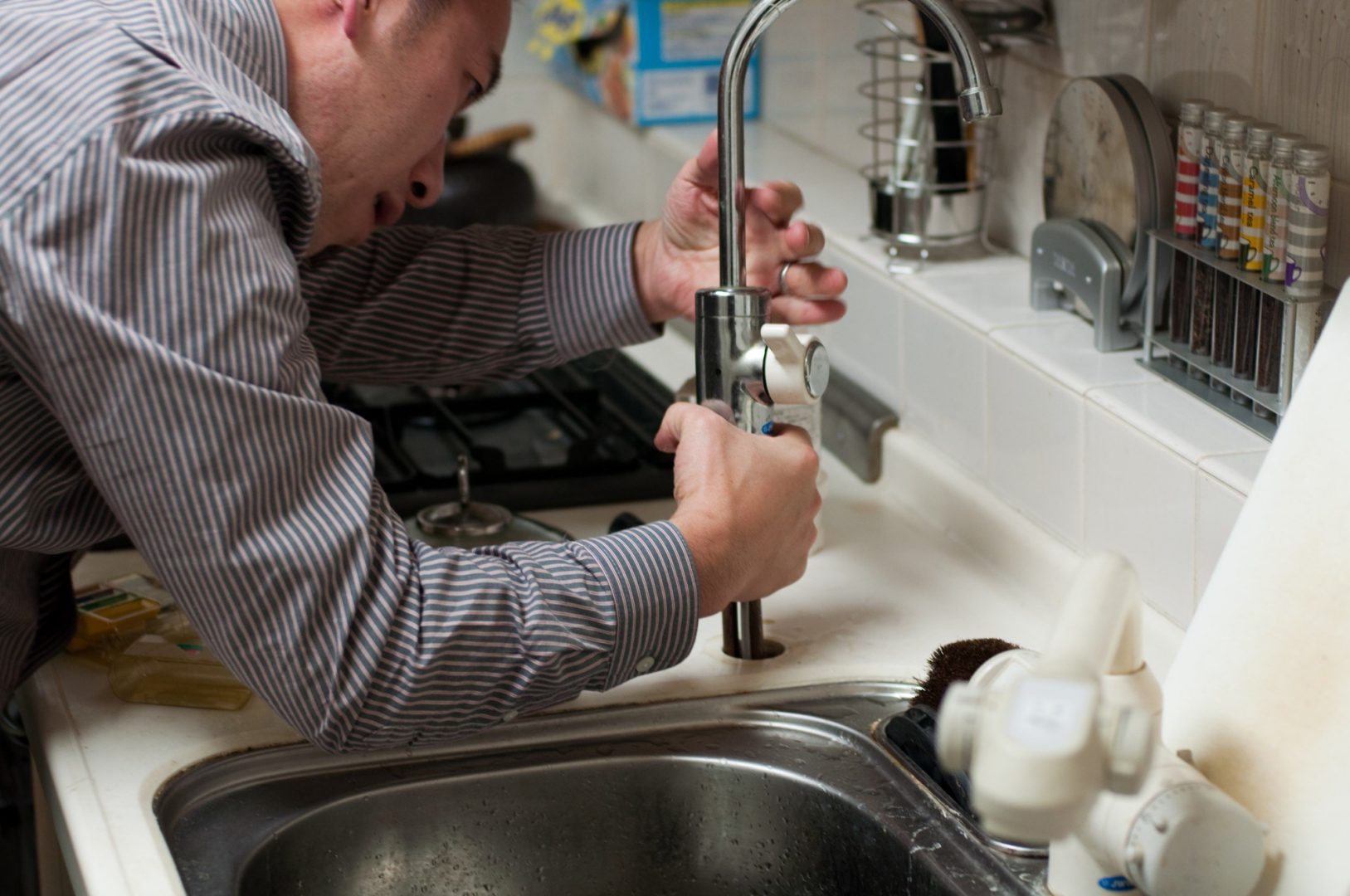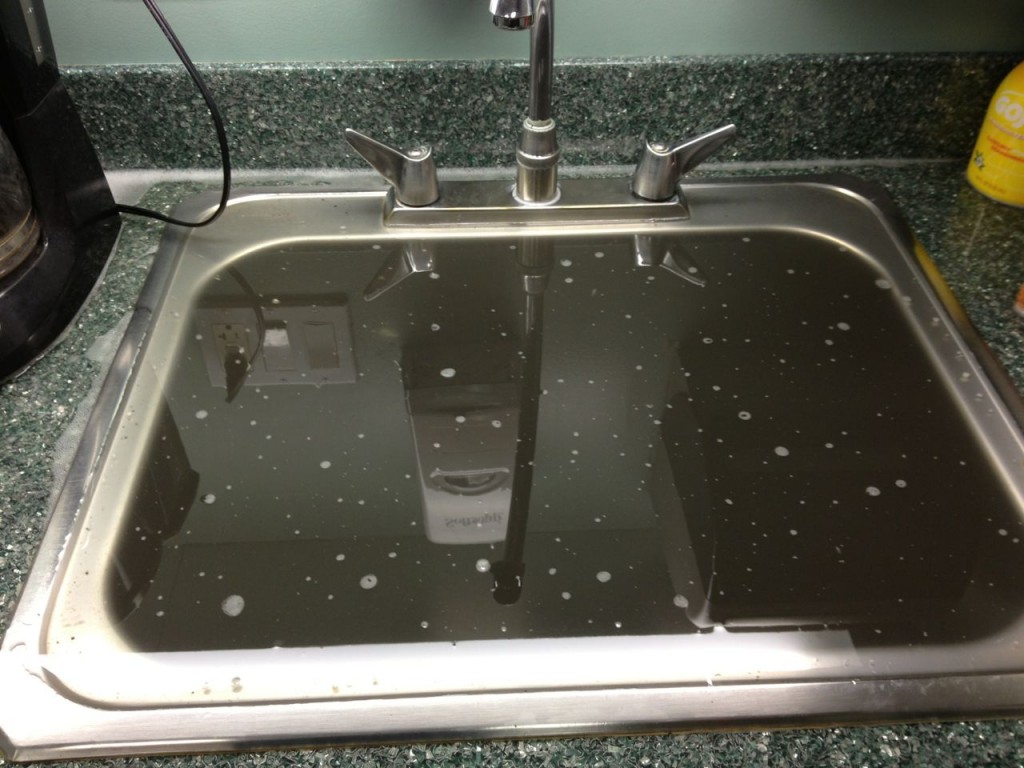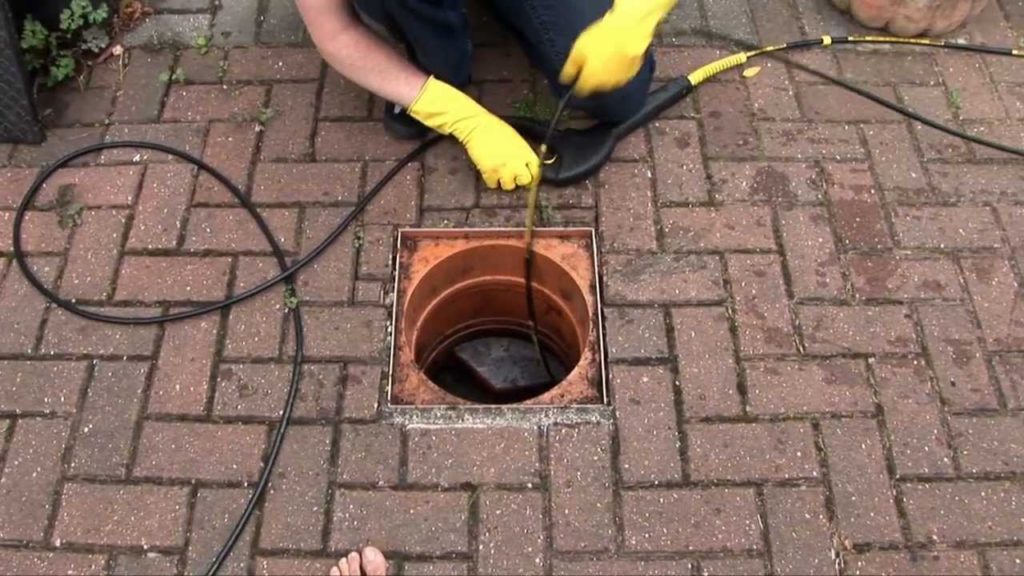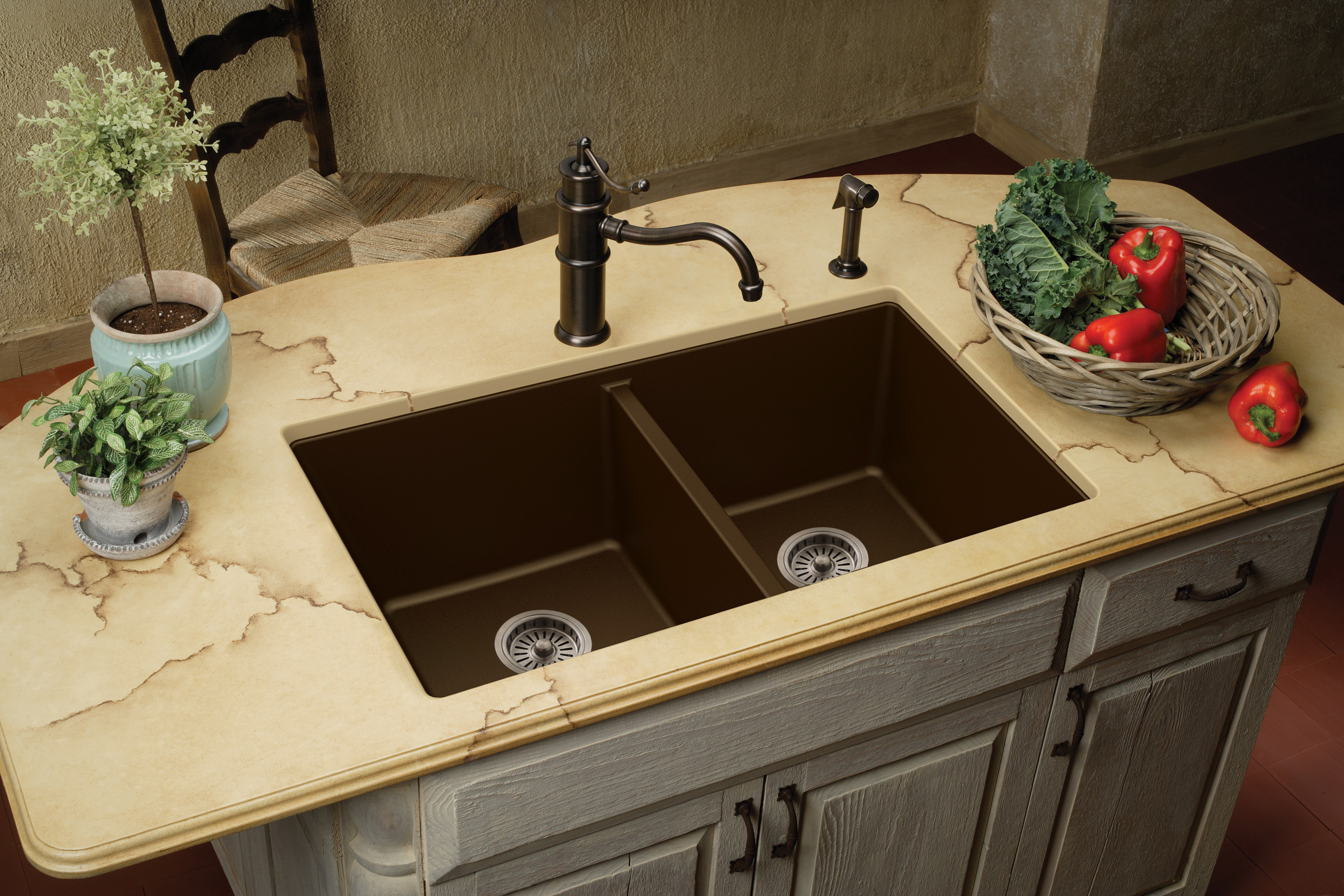If you've ever experienced a water backup in your kitchen sink, you know the frustration and inconvenience it can cause. But what causes this common plumbing issue? There are a few potential reasons why your kitchen sink may be backing up with water. Grease build-up is a major culprit when it comes to a clogged kitchen sink. Over time, cooking grease and oil can solidify and create a blockage in your drain. Food scraps and other debris can also contribute to a clogged sink. It's important to avoid rinsing large food particles down the drain, as they can get caught in the pipes and cause a backup. Broken pipes or a damaged drainage system can also lead to water backup in your kitchen sink. If you suspect this may be the case, it's best to call a professional plumber to assess and fix the issue.Causes of Water Backup in Kitchen Sink
Dealing with a backed up kitchen sink can be a hassle, but there are several methods you can try to fix the issue before calling in a professional. If the clog is caused by grease buildup, pouring boiling water down the drain may help break up the blockage. You can also try using a plunger to force the clog through the pipes. Chemical drain cleaners can also be effective in clearing a clogged kitchen sink. However, these products can be harsh and may damage your pipes if used too frequently. If these methods don't work, you may need to snake the drain to remove the blockage. This involves using a long, flexible tool to physically break up and remove the clog.How to Fix a Backed Up Kitchen Sink
The best way to deal with a backed up kitchen sink is to prevent it from happening in the first place. Here are some preventative measures you can take to keep your kitchen sink draining smoothly. Dispose of grease properly by letting it cool and then throwing it in the trash, rather than pouring it down the drain. Install a drain strainer to catch food scraps and other debris before they can cause a clog in your sink. Just remember to clean the strainer regularly to prevent buildup. Run hot water down the drain after each use to help prevent grease buildup and keep the pipes clear.Preventing Water Backup in Kitchen Sink
While grease and food scraps are the most common causes of a backed up kitchen sink, there are a few other potential issues to be aware of. Tree roots can grow into your home's drainage system and cause blockages in your kitchen sink. If you have trees near your home, it's important to have your pipes inspected regularly to catch any potential issues before they become major problems. Old pipes or pipes that have been damaged by corrosion or shifting soil can also lead to water backup in your kitchen sink. If you suspect this may be the case, it's best to call a professional plumber to assess and repair the issue.Common Reasons for Kitchen Sink Backups
It's important to be aware of the signs of a clogged kitchen sink so you can address the issue before it becomes a major problem. Slow draining is one of the first signs of a clogged kitchen sink. If you notice that the water is taking longer than usual to drain, it's a good idea to try some of the methods mentioned above to clear the clog. Strange smells coming from your sink can also indicate a clog. This is often caused by trapped food particles and debris that have started to rot in the pipes. Gurgling noises coming from your sink or drain may also be a sign of a clogged kitchen sink. This is caused by air trying to escape from a blocked drain.Signs of a Clogged Kitchen Sink
A plunger can be a handy tool for clearing a clogged kitchen sink. Here's how to use it effectively: 1. Fill the sink with a few inches of water to create a seal. 2. Position the plunger over the drain and firmly push down and pull up in a pumping motion. 3. Repeat until the water starts to drain. 4. If the water doesn't drain after a few attempts, try using a different type of plunger or a different method.Using a Plunger to Clear a Backed Up Kitchen Sink
If you're dealing with a stubborn clog in your kitchen sink, a chemical drain cleaner may be the solution. However, it's important to use these products carefully and follow the instructions on the label. 1. Pour the recommended amount of drain cleaner down the drain. 2. Let it sit for the specified amount of time (usually 15-30 minutes). 3. Flush the drain with hot water. 4. If the clog is still present, you may need to try another method or call a professional plumber.Chemical Drain Cleaners for Kitchen Sink Backup
If you've tried other methods and are still dealing with a backed up kitchen sink, it may be time to snake the drain. Here's how to do it: 1. Insert the snake into the drain and turn the handle to advance it through the pipes. 2. When you encounter resistance, continue turning the handle to break up the clog or pull it back out of the drain. 3. Once the clog is cleared, run hot water down the drain to flush out any remaining debris.Snaking a Kitchen Sink Drain to Remove Blockages
If you're dealing with a persistent or severe kitchen sink backup, it may be time to call in the professionals. A trained plumber will have the tools and expertise to properly diagnose and fix the issue. A professional can also provide regular maintenance for your plumbing system to help prevent future backups and keep your kitchen sink draining smoothly.Professional Plumbing Services for Kitchen Sink Backup
While some kitchen sink backups may require professional assistance, there are many DIY methods you can try before calling in the experts. Baking soda and vinegar are a natural and effective way to clear a clogged kitchen sink. Simply pour a cup of baking soda down the drain, followed by a cup of vinegar. Let it sit for 15 minutes, then flush with hot water. Salt and hot water can also be used to break up a clog in your kitchen sink. Pour a half cup of salt down the drain, followed by a pot of boiling water. Let it sit for a few minutes, then run hot water down the drain to flush out the clog. In conclusion, dealing with a water backup in your kitchen sink can be a frustrating experience. However, by understanding the potential causes and knowing how to prevent and fix the issue, you can keep your sink draining smoothly and avoid the hassle of a clogged kitchen sink. Whether you choose to try DIY methods or call in a professional, addressing the issue promptly will save you time, money, and stress in the long run.DIY Methods for Clearing a Backed Up Kitchen Sink
The Importance of Proper Plumbing in House Design

Don't Let Water Back Up in Your Kitchen Sink Ruin Your Day
 When it comes to designing a house, there are many important factors to consider. From the layout and aesthetics to the functionality and durability, every aspect plays a crucial role in creating a comfortable and efficient living space. However, one aspect that is often overlooked is the plumbing system. Proper plumbing is essential for a well-designed house, as it not only ensures a constant supply of clean water but also prevents issues such as water back up in the kitchen sink.
Water back up in the kitchen sink is a common problem that can quickly become a major inconvenience.
It occurs when water is unable to flow freely through the pipes and instead collects in the sink, causing it to overflow. This can happen due to various reasons, such as clogged drains, faulty pipes, or even improper installation. Not only does it create a mess, but it can also lead to water damage and mold growth if left untreated.
To prevent water back up in your kitchen sink, it is crucial to have a
properly designed and installed plumbing system.
This includes using the right size and type of pipes, ensuring proper slope and ventilation, and regularly maintaining and cleaning the system.
Hiring a professional plumber is highly recommended to ensure that the plumbing system is up to code and functioning correctly.
Moreover, proper plumbing design goes beyond just preventing water back up in the kitchen sink. It also plays a significant role in the overall functionality and efficiency of the house. For instance, a well-designed plumbing system can help conserve water and reduce utility bills by using low-flow fixtures and water-efficient appliances. It can also prevent major issues such as burst pipes and leaks, saving homeowners from costly repairs.
In conclusion, when it comes to house design,
proper plumbing should not be overlooked or underestimated.
It not only ensures a clean and convenient supply of water but also plays a crucial role in maintaining the overall integrity and functionality of the house. So, if you are experiencing water back up in your kitchen sink, it may be time to give your plumbing system the attention it deserves.
When it comes to designing a house, there are many important factors to consider. From the layout and aesthetics to the functionality and durability, every aspect plays a crucial role in creating a comfortable and efficient living space. However, one aspect that is often overlooked is the plumbing system. Proper plumbing is essential for a well-designed house, as it not only ensures a constant supply of clean water but also prevents issues such as water back up in the kitchen sink.
Water back up in the kitchen sink is a common problem that can quickly become a major inconvenience.
It occurs when water is unable to flow freely through the pipes and instead collects in the sink, causing it to overflow. This can happen due to various reasons, such as clogged drains, faulty pipes, or even improper installation. Not only does it create a mess, but it can also lead to water damage and mold growth if left untreated.
To prevent water back up in your kitchen sink, it is crucial to have a
properly designed and installed plumbing system.
This includes using the right size and type of pipes, ensuring proper slope and ventilation, and regularly maintaining and cleaning the system.
Hiring a professional plumber is highly recommended to ensure that the plumbing system is up to code and functioning correctly.
Moreover, proper plumbing design goes beyond just preventing water back up in the kitchen sink. It also plays a significant role in the overall functionality and efficiency of the house. For instance, a well-designed plumbing system can help conserve water and reduce utility bills by using low-flow fixtures and water-efficient appliances. It can also prevent major issues such as burst pipes and leaks, saving homeowners from costly repairs.
In conclusion, when it comes to house design,
proper plumbing should not be overlooked or underestimated.
It not only ensures a clean and convenient supply of water but also plays a crucial role in maintaining the overall integrity and functionality of the house. So, if you are experiencing water back up in your kitchen sink, it may be time to give your plumbing system the attention it deserves.

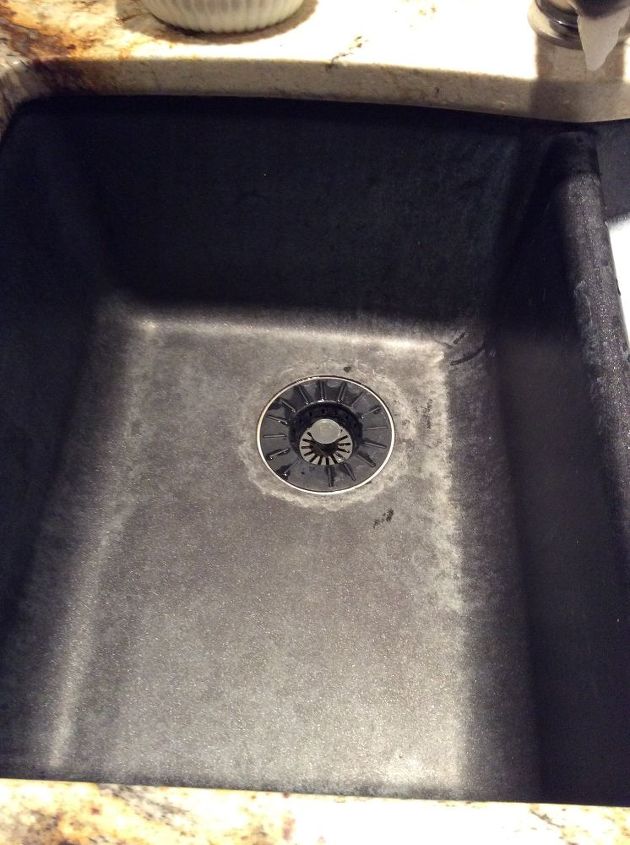

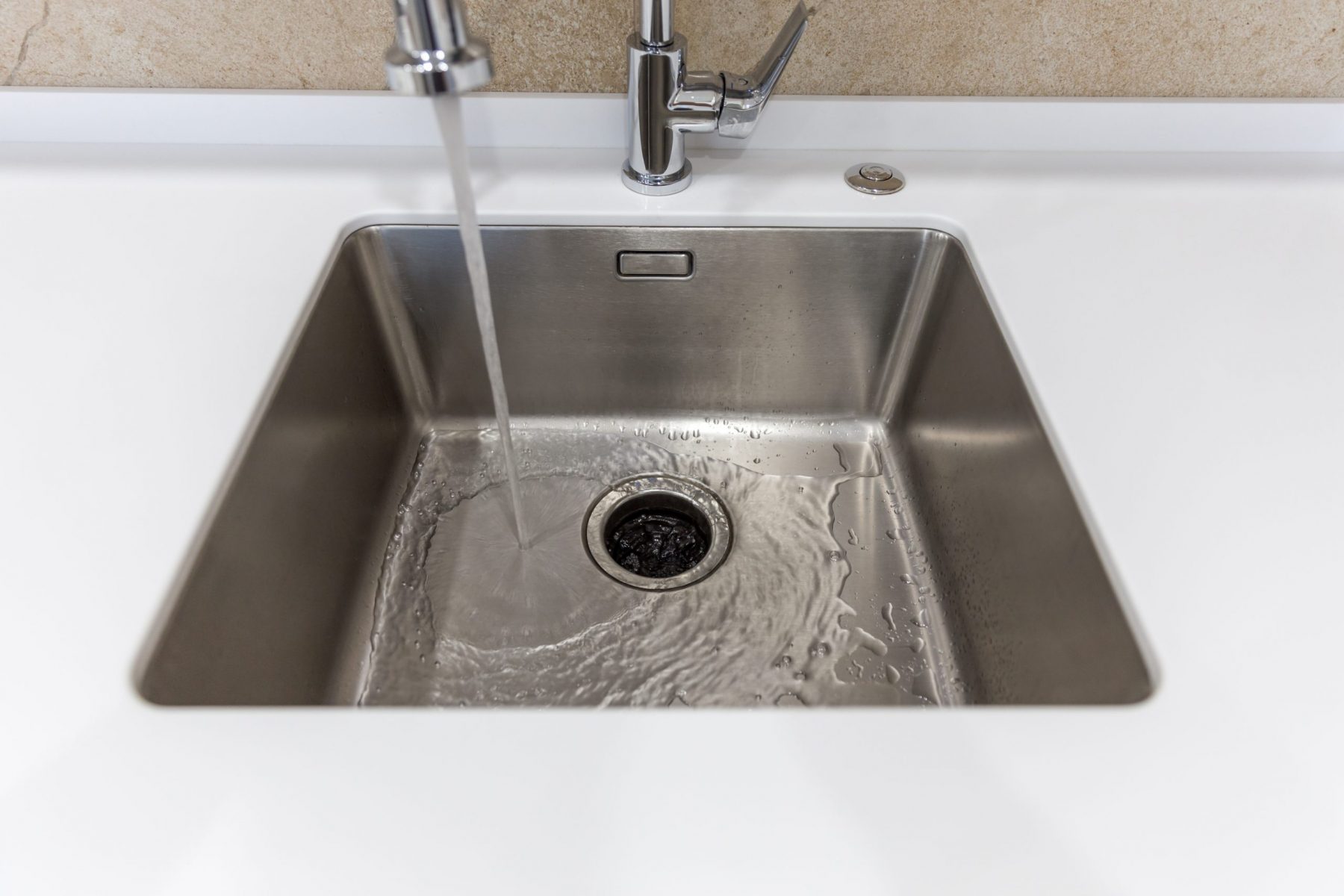
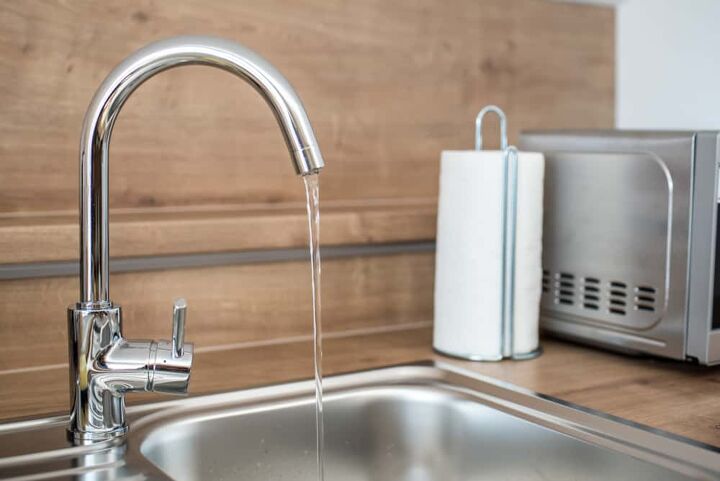



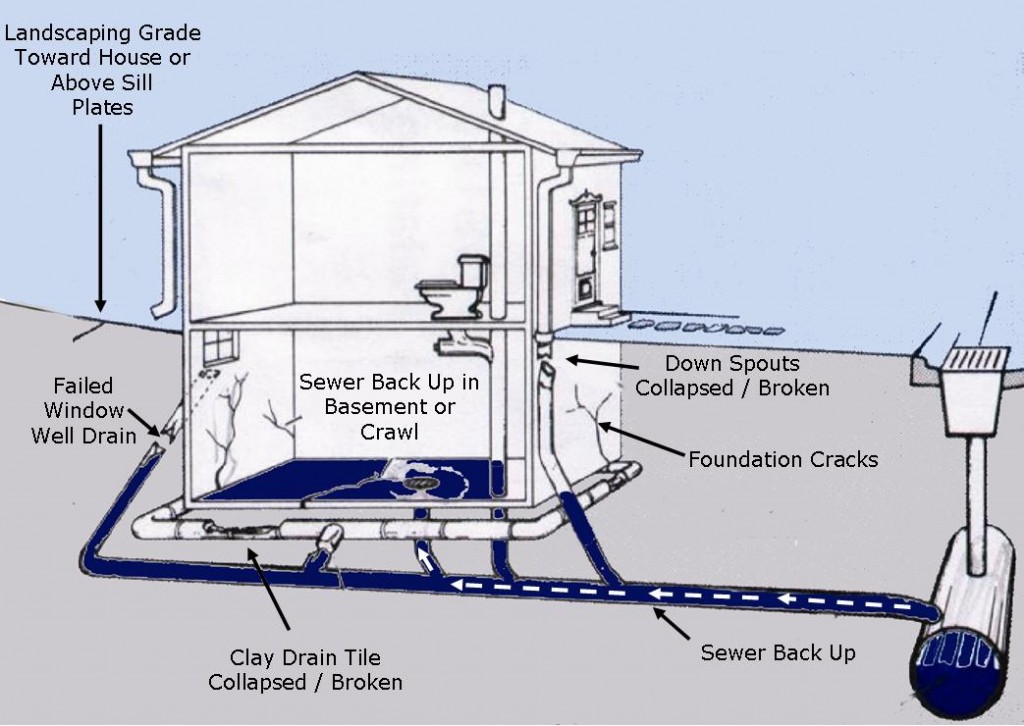
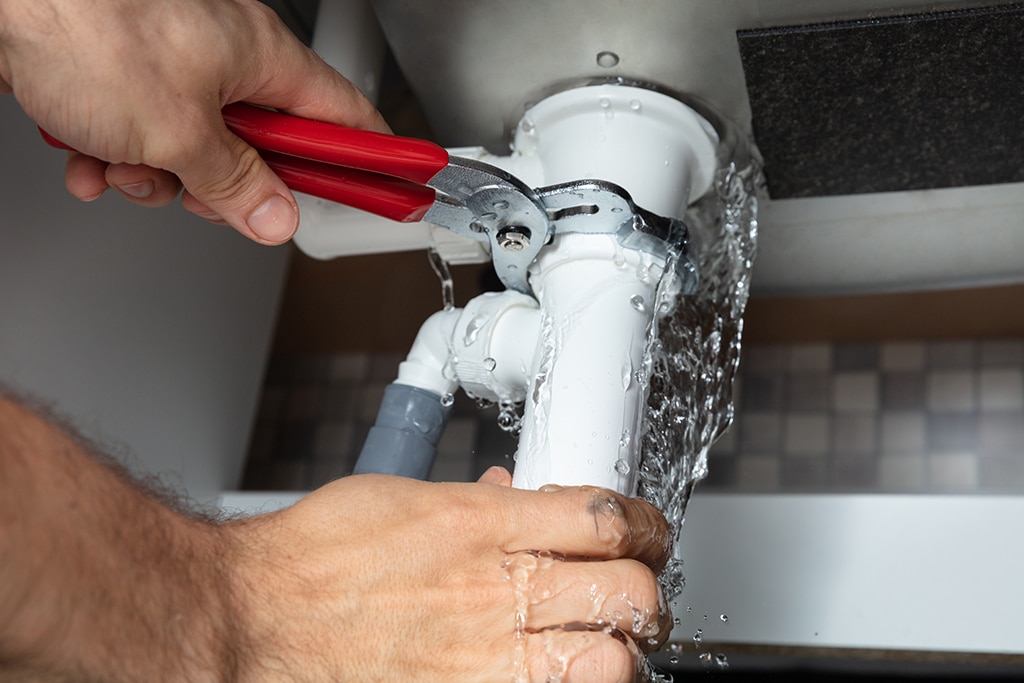


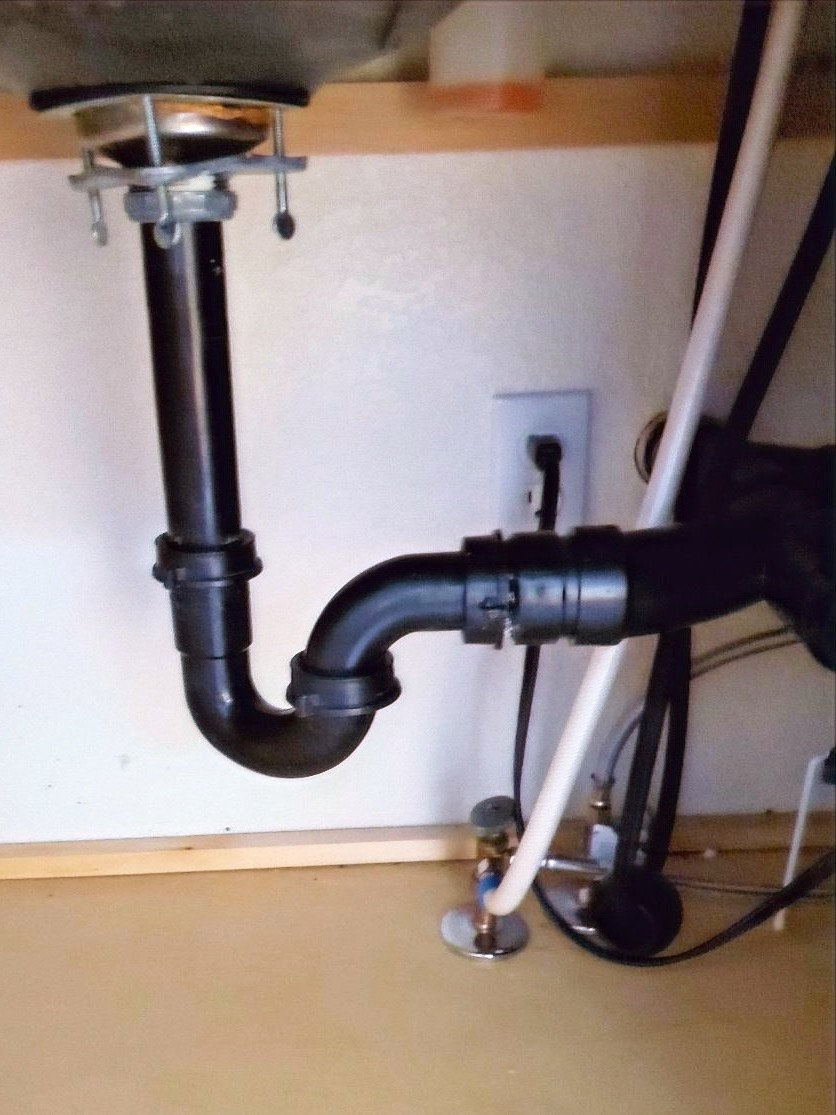

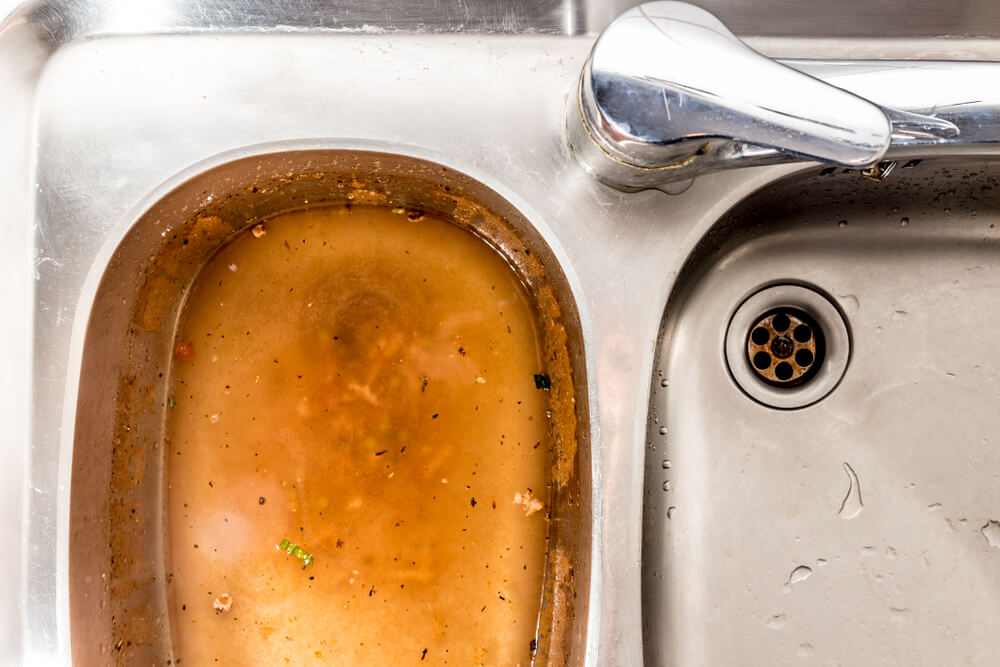







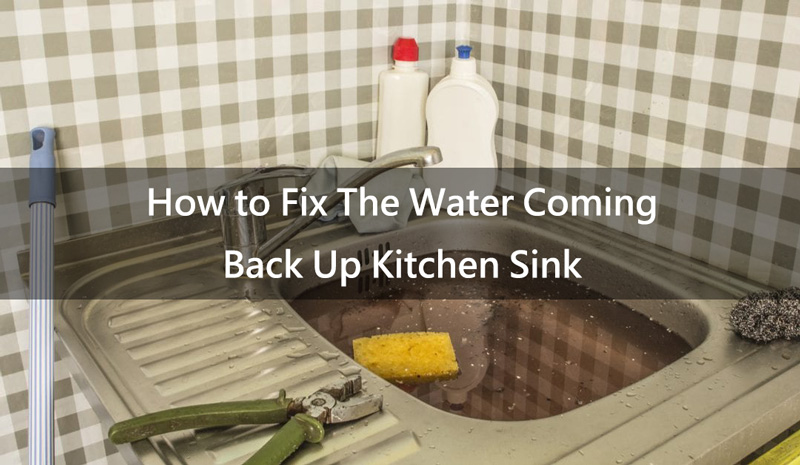


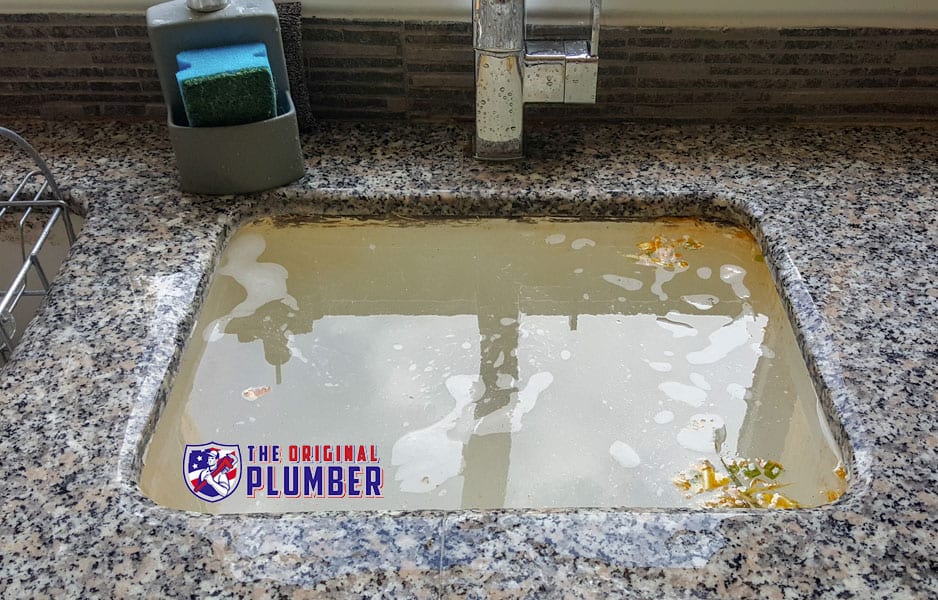
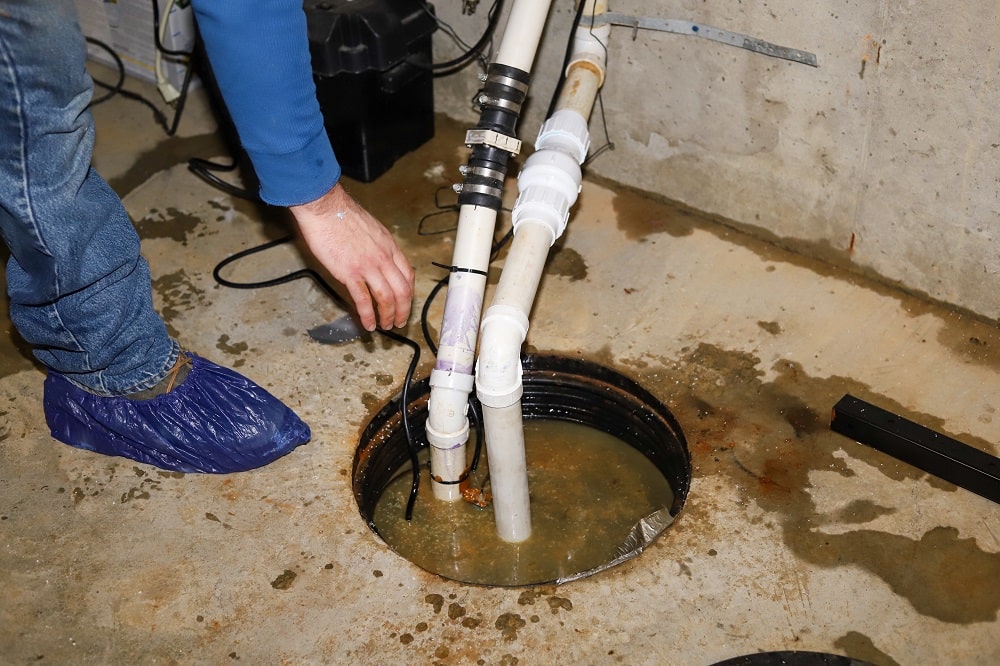




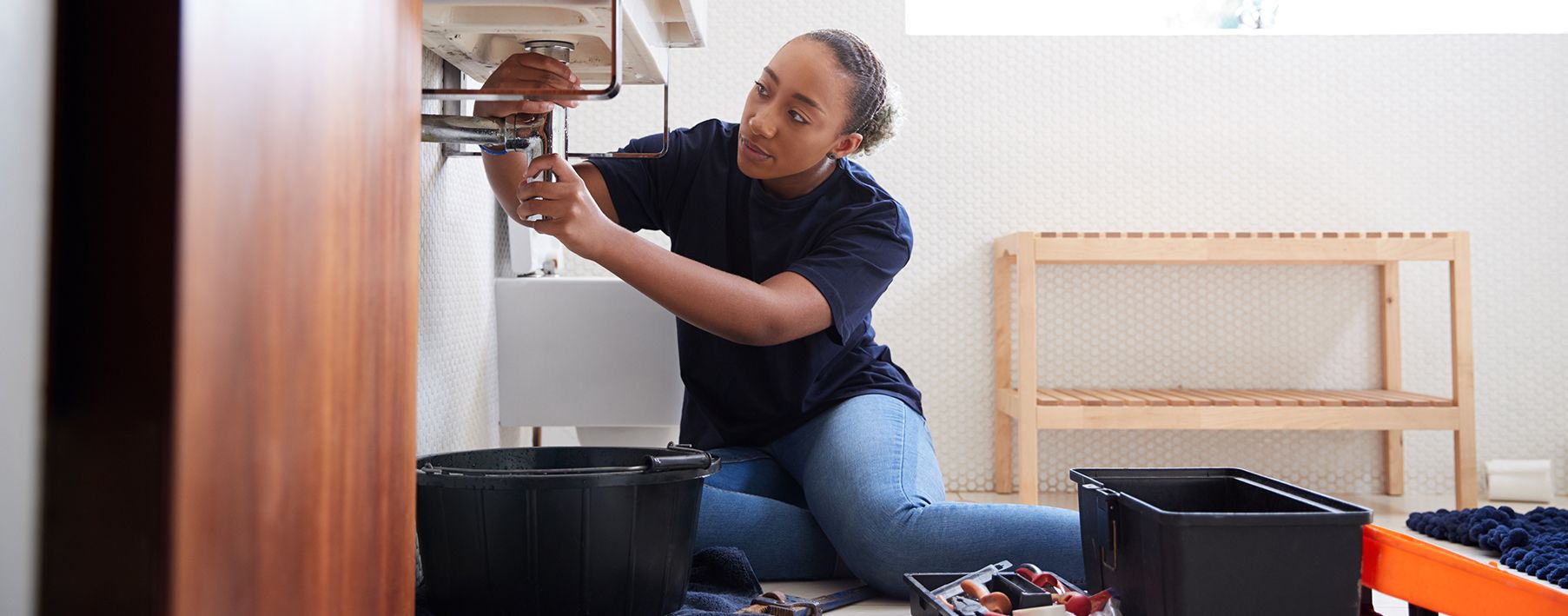


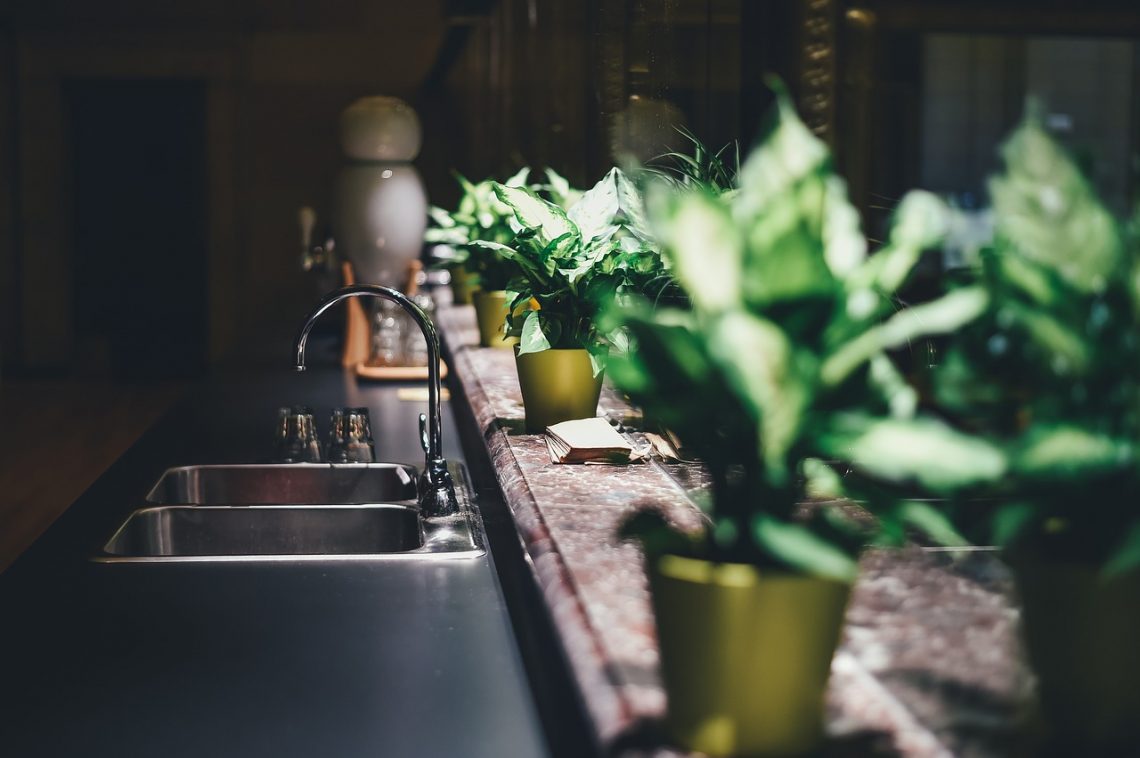
















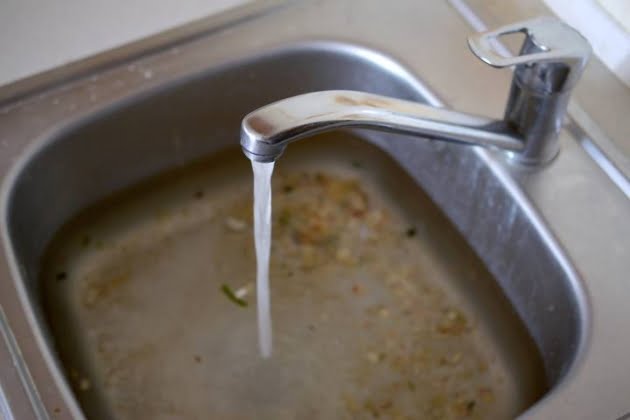
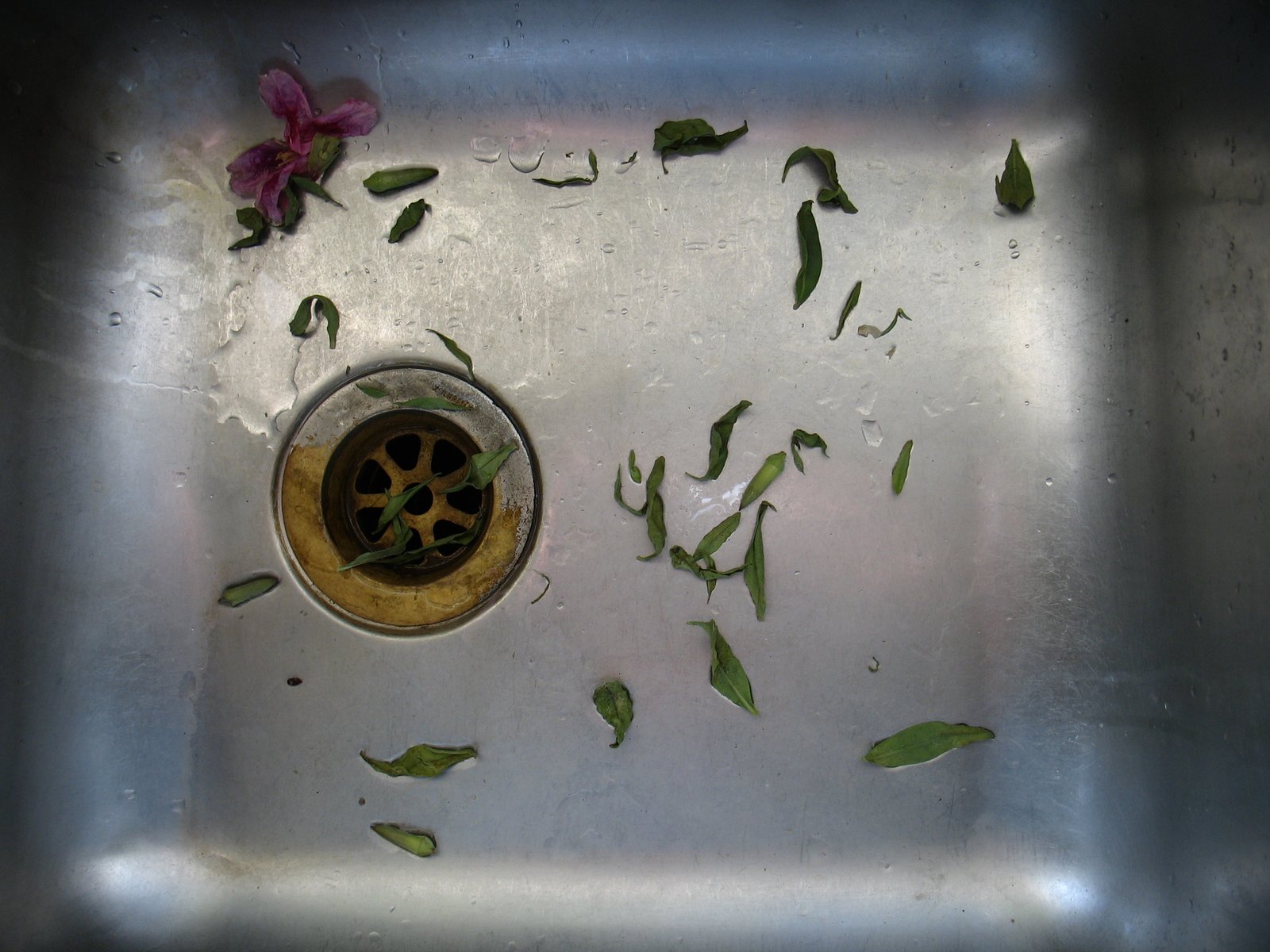

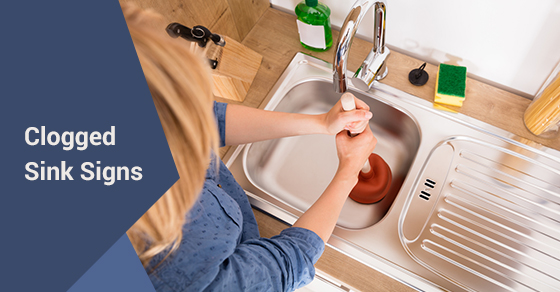
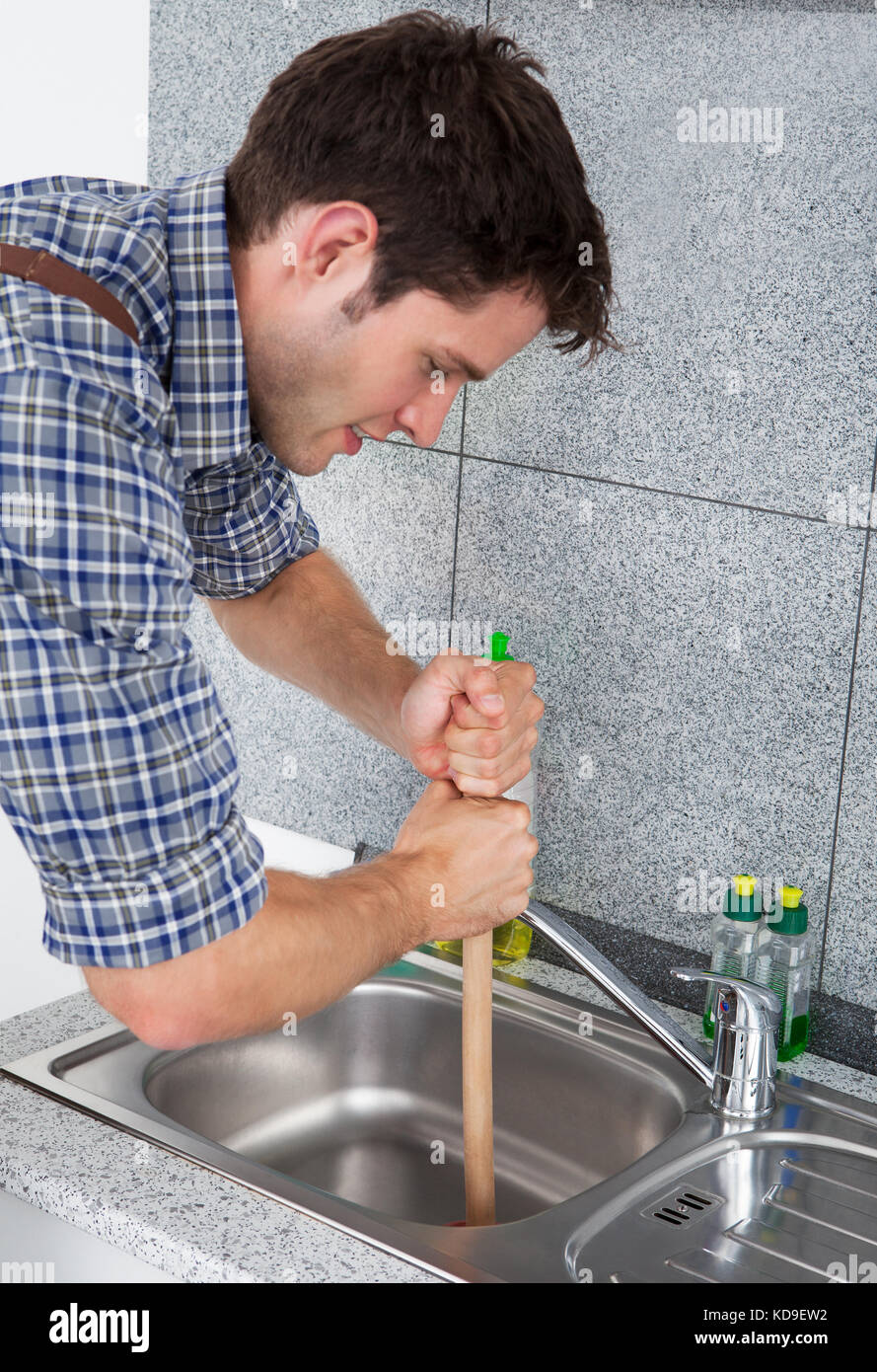

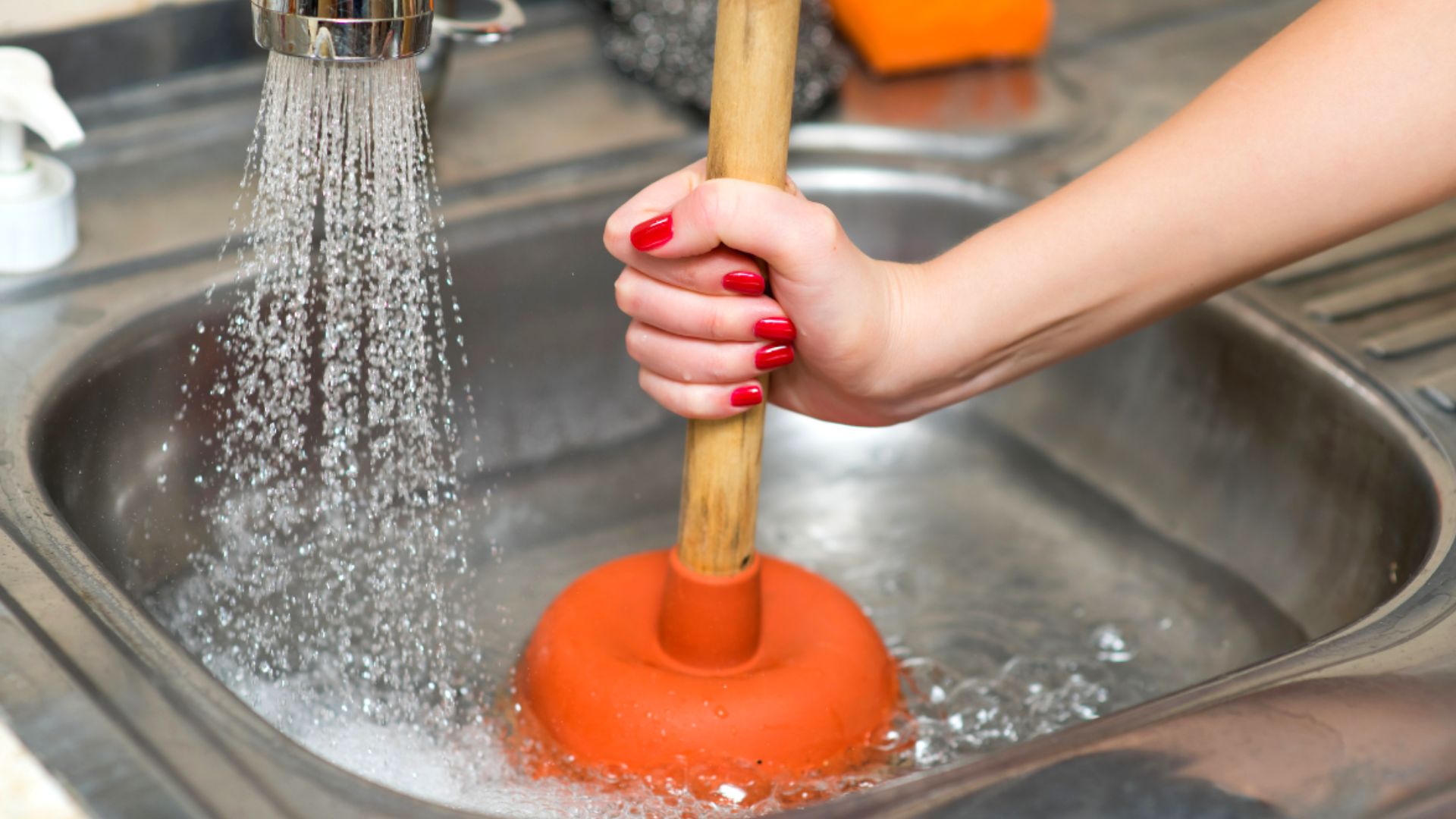
/woman-wearing-yellow-washing-up-gloves-to-unblock-sink-using-plunger-close-up-131987463-5887cfc03df78c2ccd92ec9e.jpg)



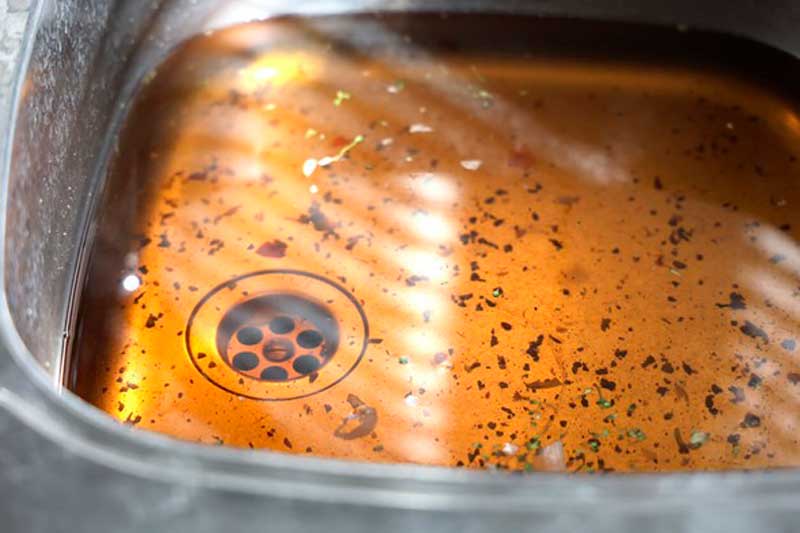
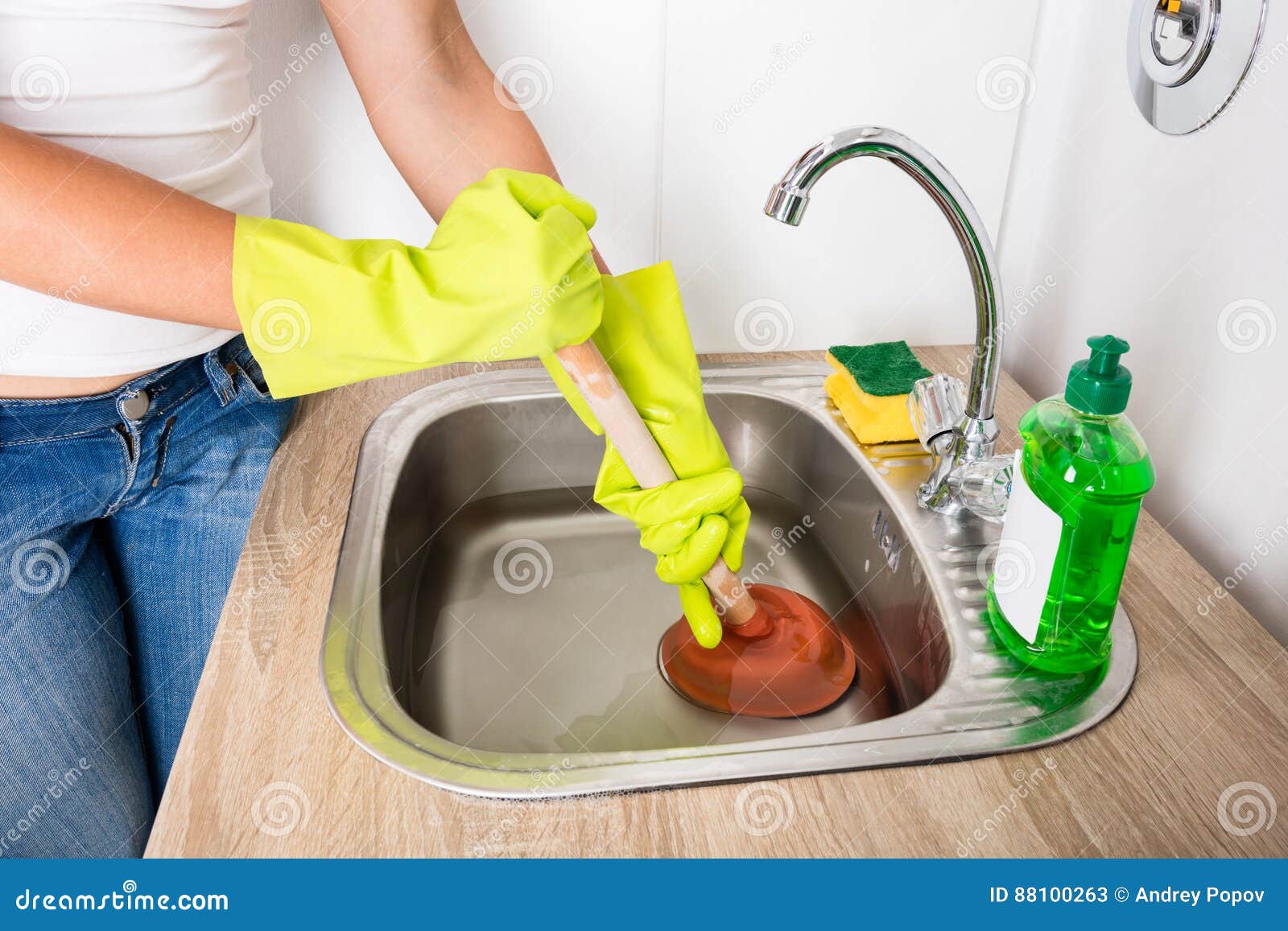

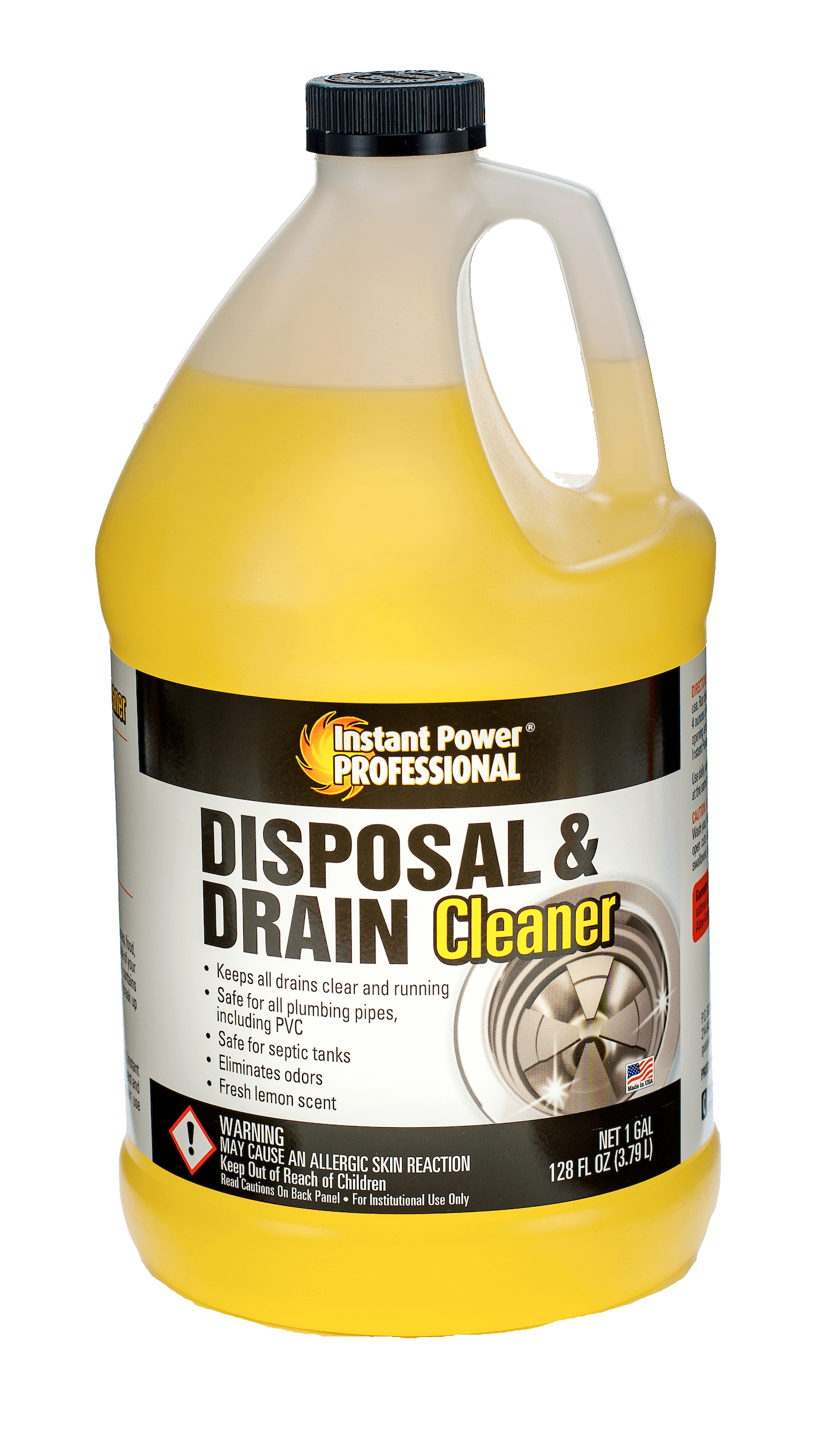





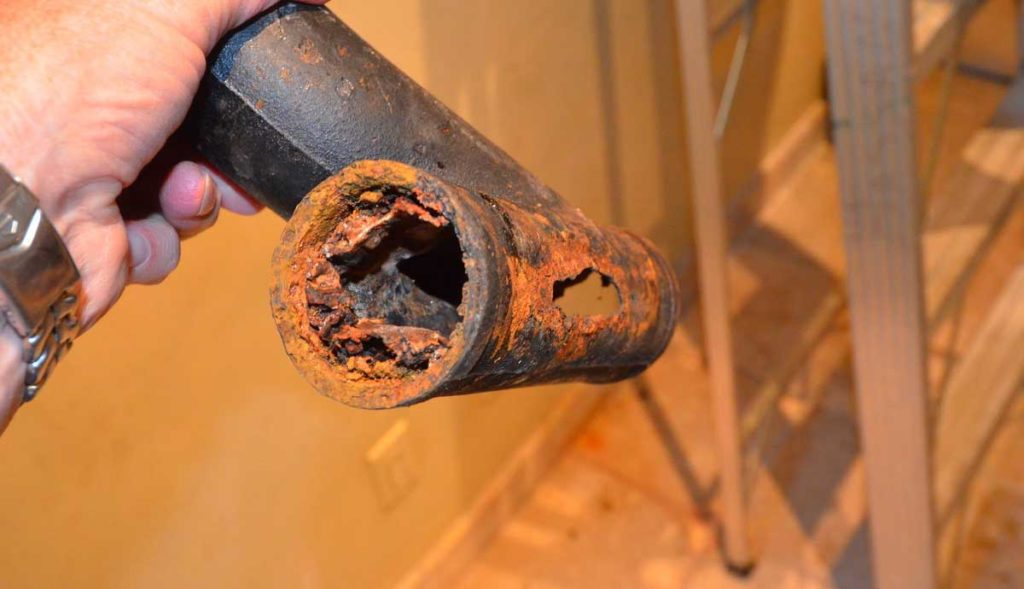
:max_bytes(150000):strip_icc()/pouring-chemicals-down-a-sink-80033290-5810e9425f9b58564c60a7e1.jpg)
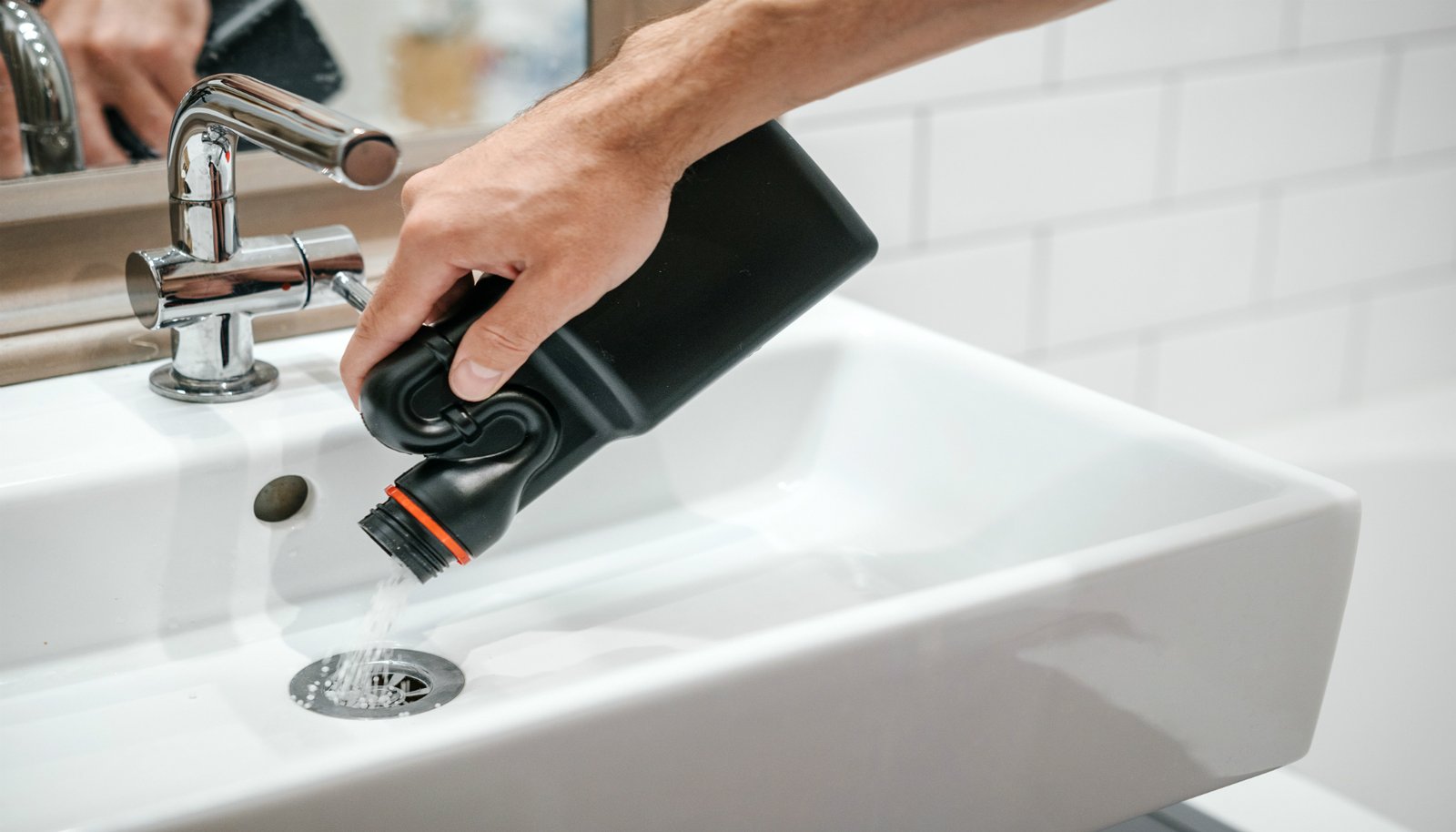
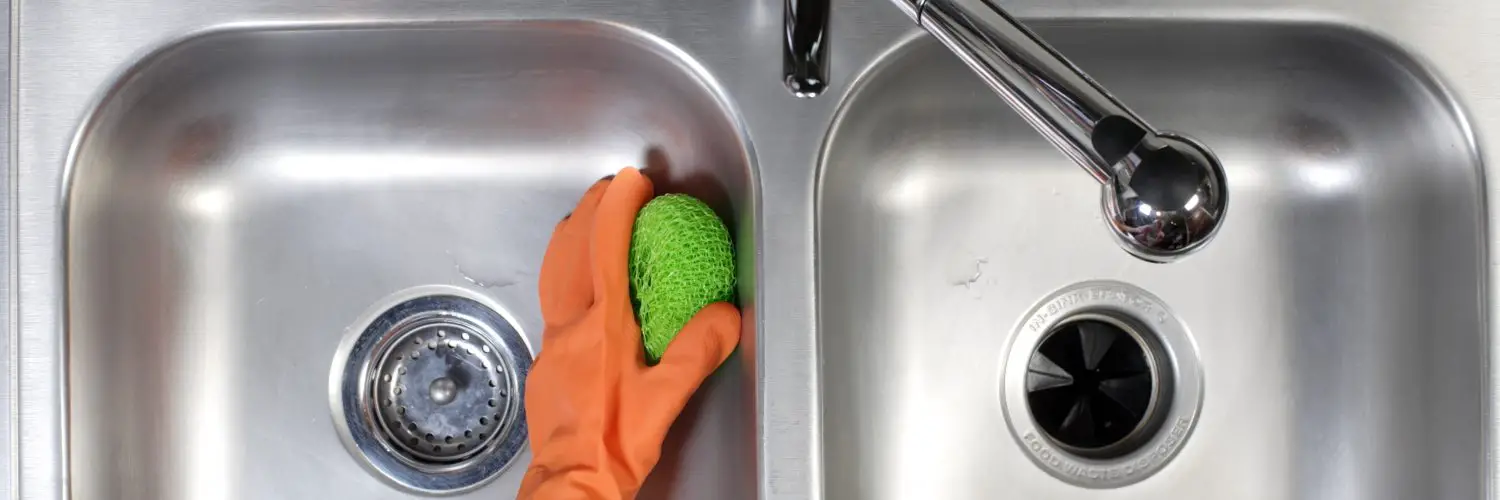
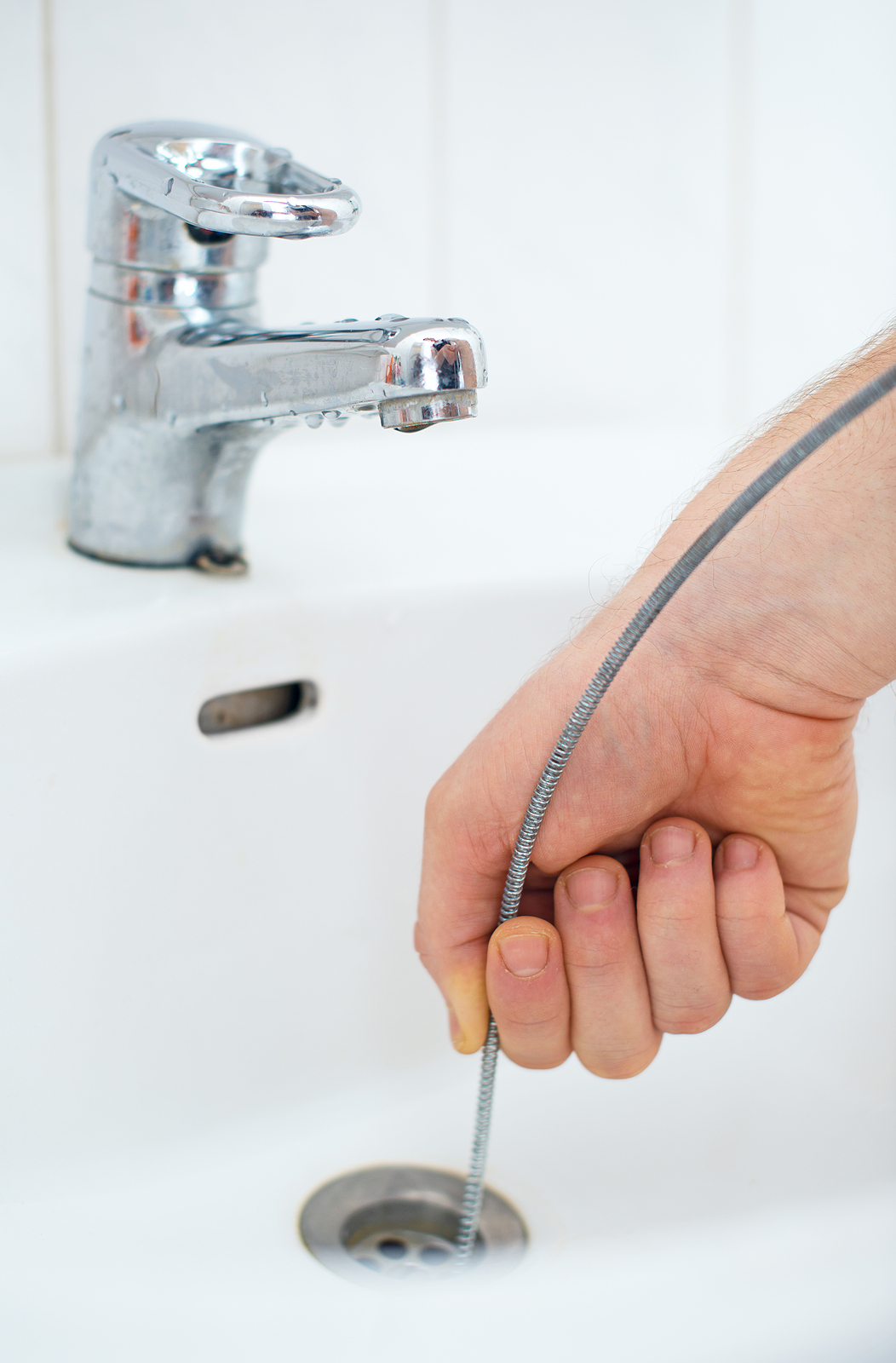

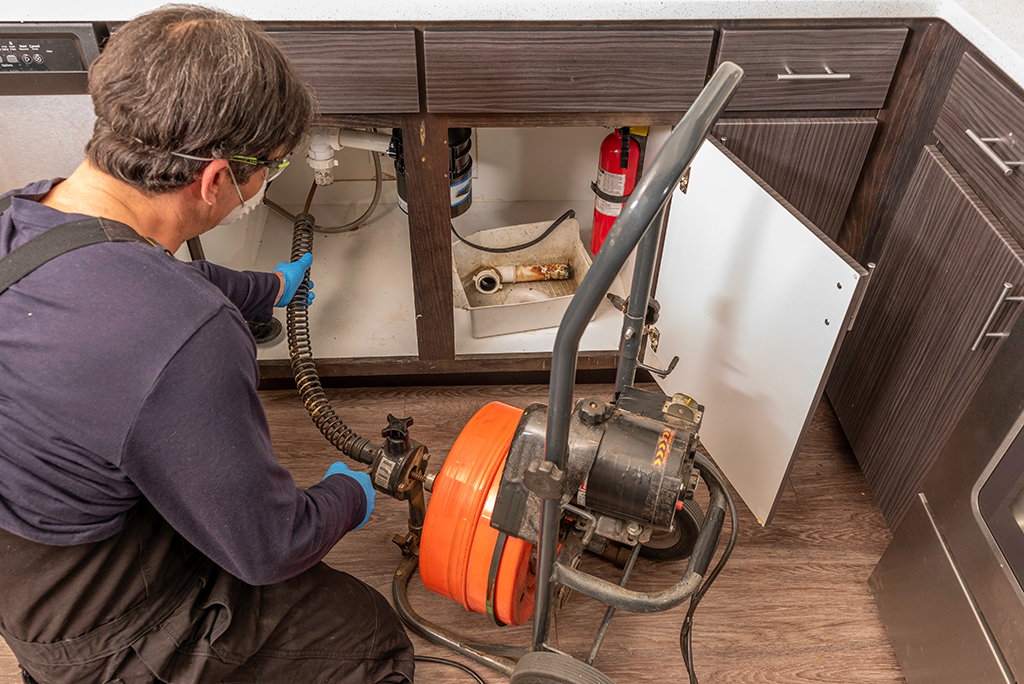
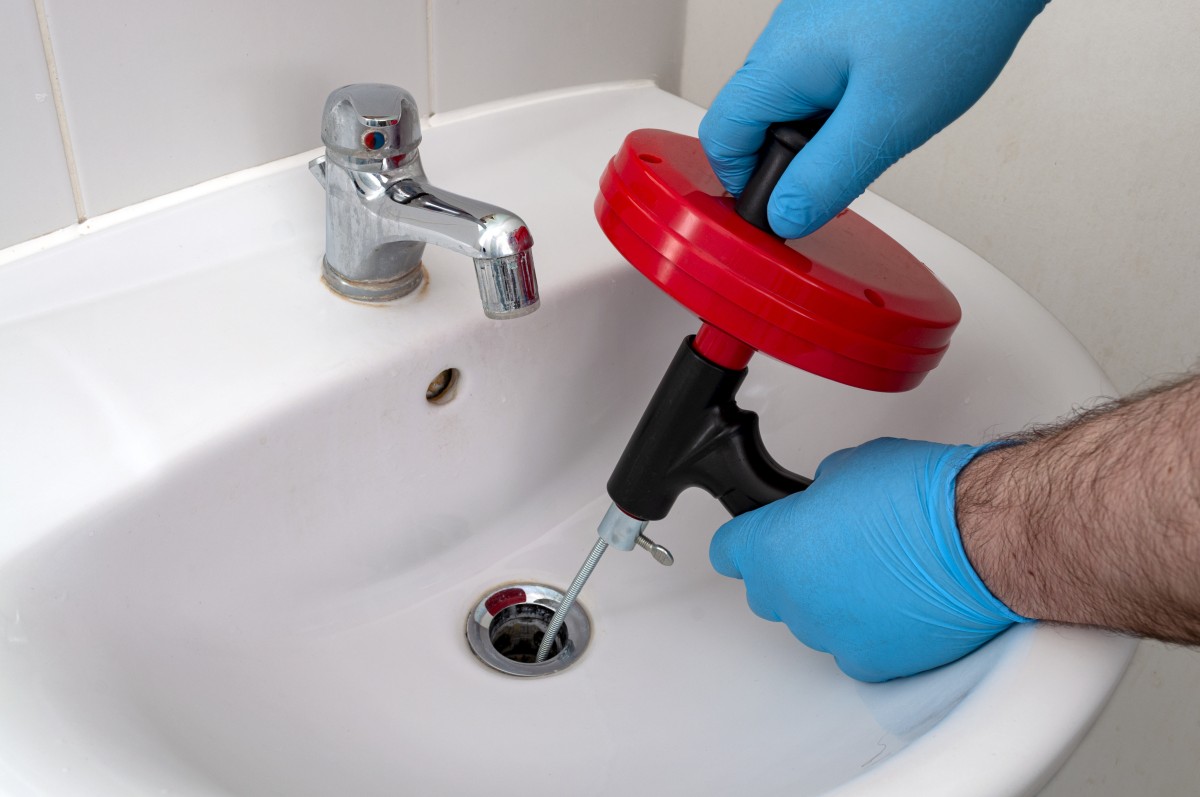


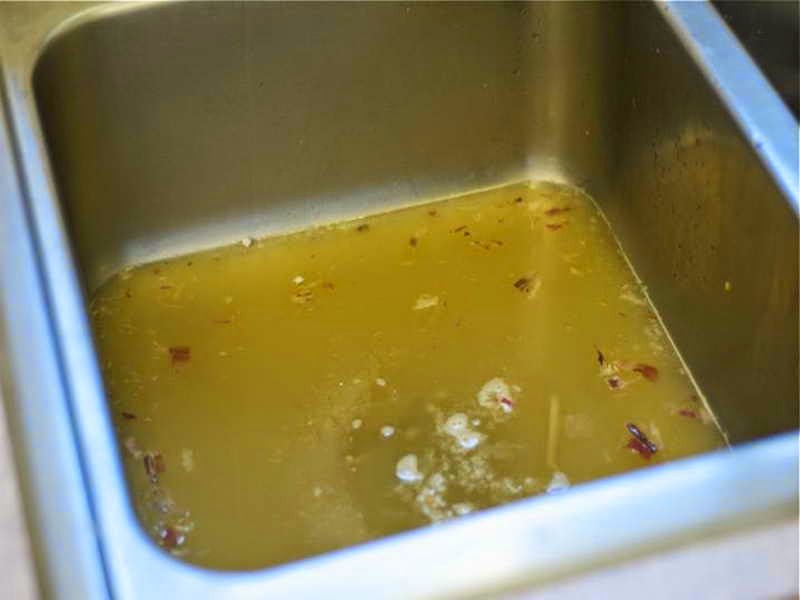


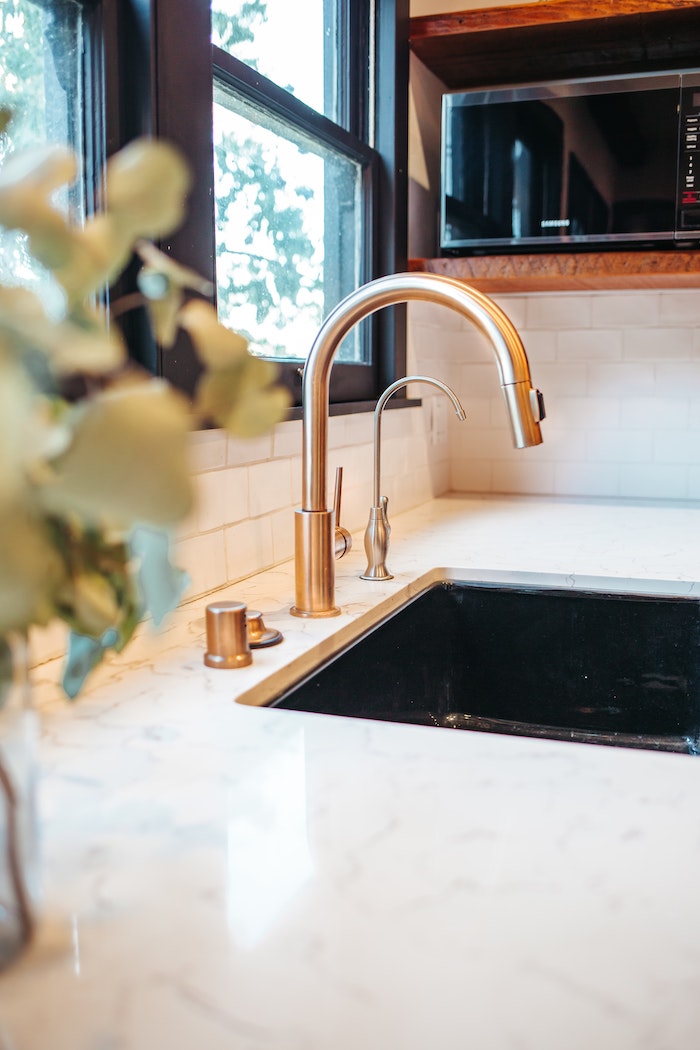
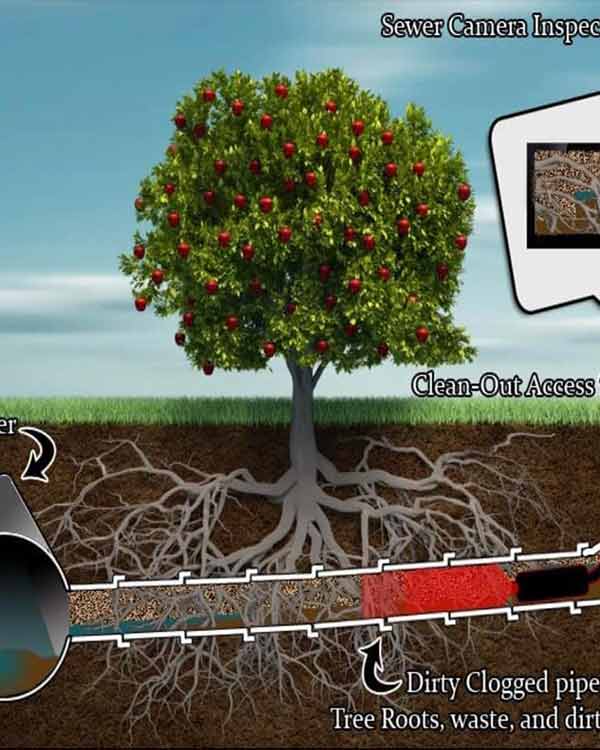

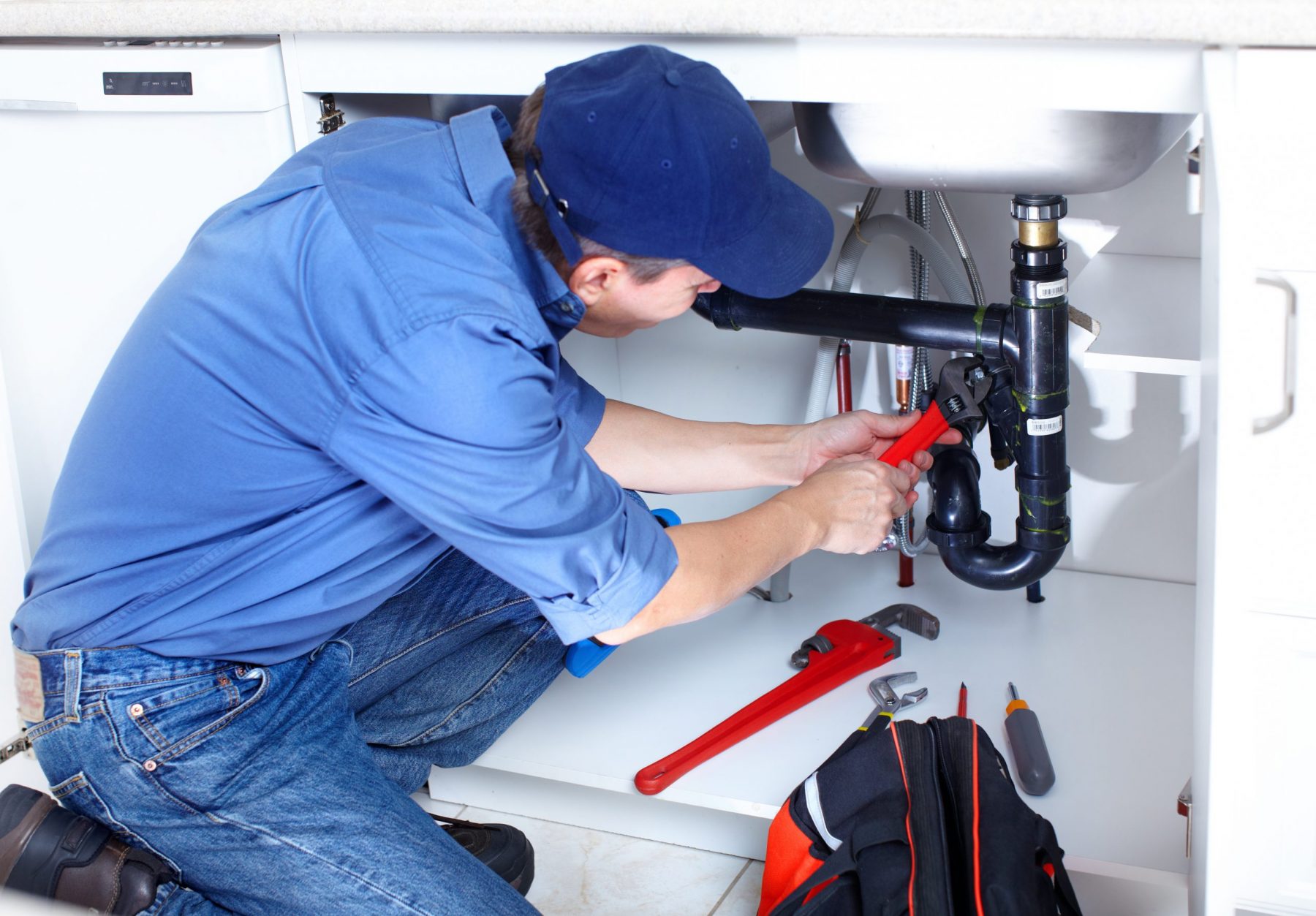




/how-to-install-a-sink-drain-2718789-hero-24e898006ed94c9593a2a268b57989a3.jpg)
